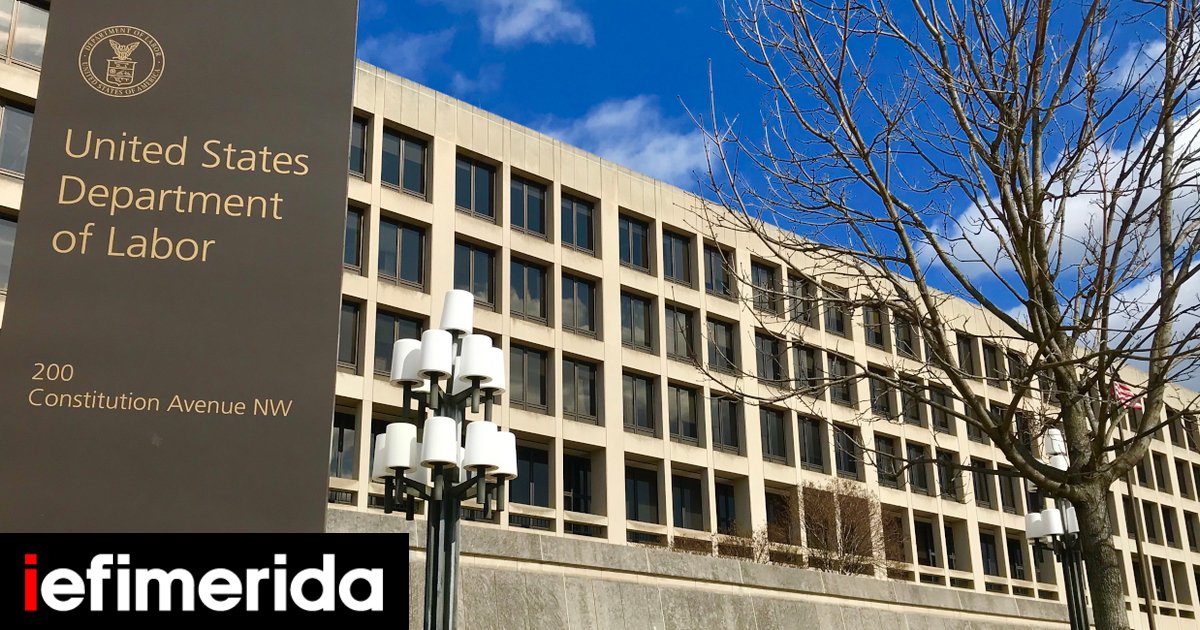Temporary truce in the trade war

Maritime transport accounts for over 90% of global trade. Shipping is closely tied to the global geopolitical situation, which is currently driven in large part by the unpredictable trade policy of the United States. Consequently, any disruption along maritime trade routes directly impacts the global economy, far beyond the regions directly involved.
The high tariffs imposed by the U.S. on Chinese goods have led to a significant drop in bookings on the transpacific route, resulting in what is known as “blank sailings” – the cancellation of individual sailings due to insufficient demand. This ultimately reduced available cargo space and caused freight rates to rise.
However, in mid-May, the U.S. administration decided to temporarily reduce tariffs, which led to a week-over-week increase in container space bookings of over 100%. Currently, trade relations between the two countries appear to be stabilizing, thanks to recent talks in London between Donald Trump and Xi Jinping, during which both leaders agreed on reduced tariffs.
In the coming weeks, we may still experience port congestion in China due to the surge in shipments to the U.S. However, in light of the agreements mentioned earlier, gradual stabilization on the China–U.S. trade lane and normalization of rate levels are expected.
Multifaceted geopolitical challenges
U.S. tariffs are not the only issue we currently face. We are dealing with multiple geopolitical tensions in various parts of the world. These include not only U.S.–China relations, but also the unstable situation in the Middle East, which affects oil and goods flows through key maritime routes; strained relations between India and Pakistan that may disrupt regional trade; the ongoing war in Ukraine with its continuing limitations
on trade and transport; persistent threats to shipping through the Red Sea, one of the world’s most crucial trade corridors; and rising tensions around the Taiwan Strait, which could impact global electronics trade.
All these geopolitical factors have a profound impact on the container shipping market, affecting transit times, freight rate levels, service quality, container availability, and causing port congestion.
Redefining supply chains in response to uncertainty
In this complex reality, logistics operators are taking on an increasingly important role – not just as transport service providers but as strategic partners and advisors to their clients. Logistics experts closely monitor geopolitical developments, analyze market trends, and keep clients informed of upcoming changes, enabling them to make well-informed business decisions.
Written by Przemysław Komar, Seafreight Director CEE, Rohlig SUUS Logistics
![]()
The post Temporary truce in the trade war appeared first on Container News.
Content Original Link:
" target="_blank">

































































